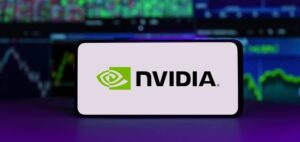Anthropic released the 3.0 version of their Claude chatbot family last week. This model illustrates how quickly this business is changing by following Claude 2.0, which was only released eight months ago.
Introducing a new release that promises improved safety and capabilities, Anthropic sets a new benchmark in AI and, for the time being at least, redefines the competitive landscape ruled by GPT-4. As such, it represents a step closer to the goal of artificial general intelligence (AGI)—that is, intelligence on par with or higher than that of humans. This raises more concerns about the nature of intelligence, the necessity of ethics in AI, and the nature of human-machine interaction in the future.
Rather than holding a big launch party, Anthropic quietly unveiled 3.0 via a blog post and multiple interviews, including ones with CNBC, Forbes, and The New York Times. The resulting pieces mostly avoided the hyperbole typical of recent AI product debuts and stuck to the facts.
Still, there were a few audacious claims made during the introduction. The business claimed that the top-tier “Opus” model “shows us the outer limits of what’s possible with generative AI” and “exhibits near-human levels of comprehension and fluency on complex tasks, leading the frontier of general intelligence.” This seems similar to a research published by Microsoft a year ago, claiming that ChatGPT had “sparks of artificial general intelligence.”
Claude 3 is multimodal, similar to competing products, which means it can react to word questions as well as pictures, such as analyzing a picture or chart. Claude does not yet create images from text, which may have been a wise choice given the short-term challenges this feature is now facing. Not only do Claude’s features match the competition, but in certain instances, they surpass it.
Claude 3 is available in three different versions: the entry-level Haiku, the near-expert Sonet, and the flagship Opus. A context window of 200,000 tokens, or around 150,000 words, is included in all of them. The models can now examine and respond to queries regarding lengthy publications, such as research papers and novels, thanks to this larger context window.
Read More: https://thesiliconleaders.com


